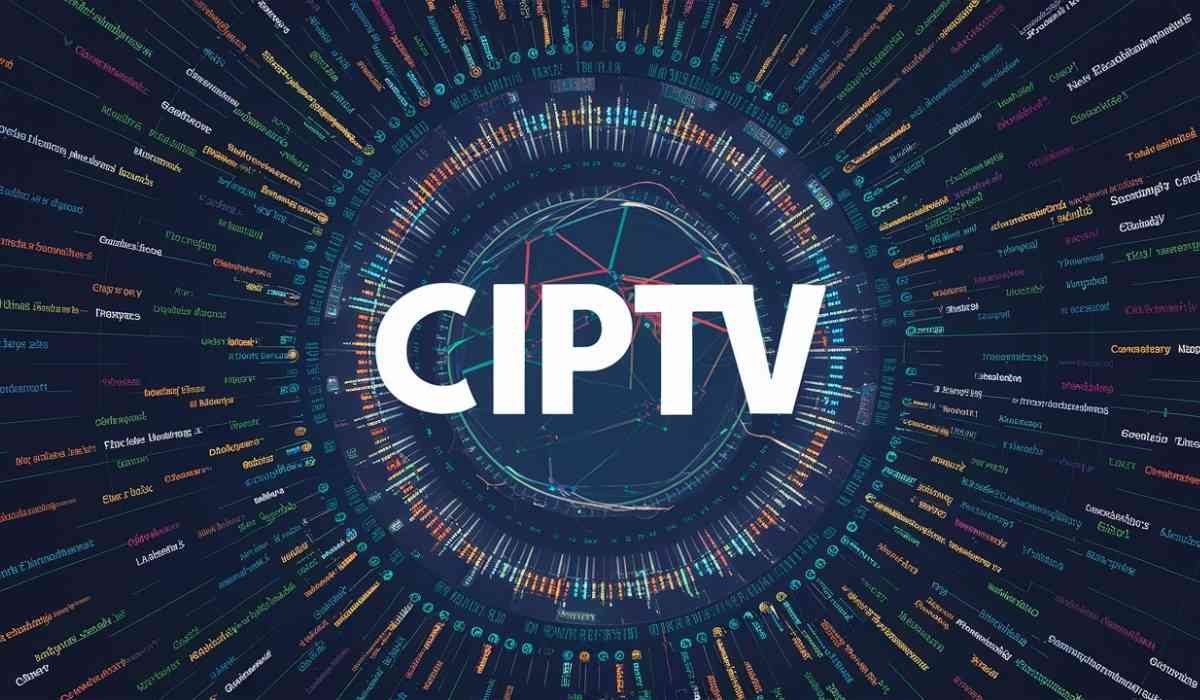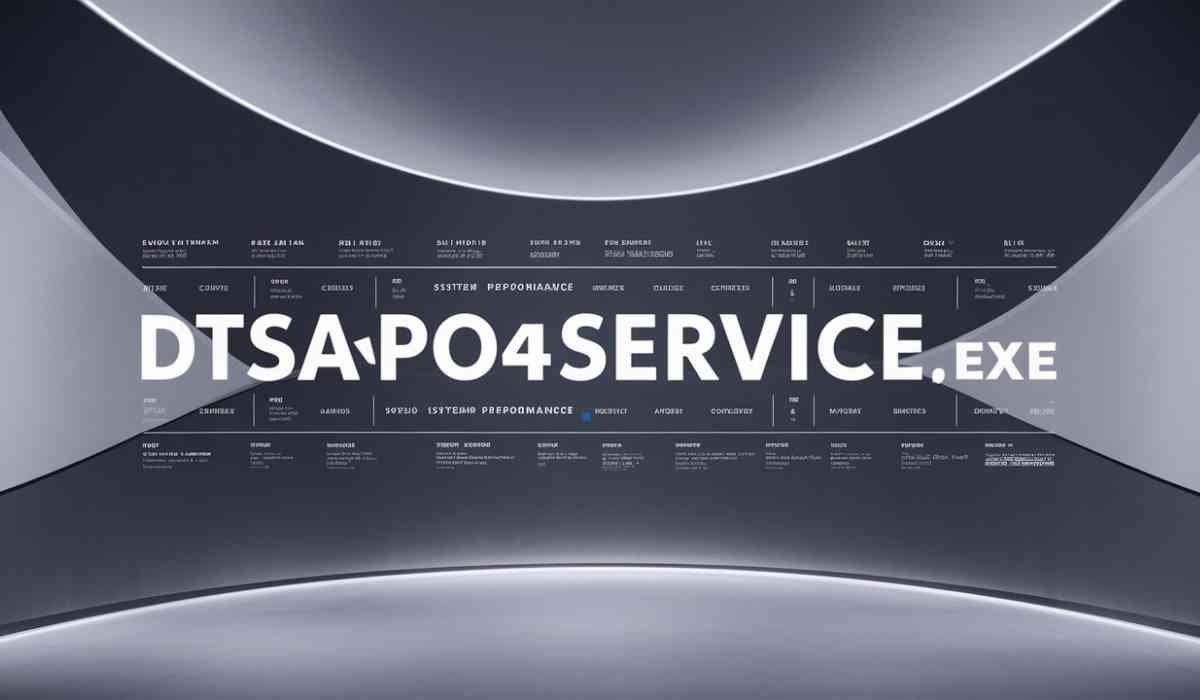In today’s rapidly evolving digital landscape, effective communication is the backbone of business success.
The Cisco IP Telephony and Video (CIPTV) certification program stands out as a critical path for IT professionals aiming to master the art of deploying and managing advanced communication systems.
This article delves deep into CIPTV, exploring its components, benefits, and how it empowers professionals in the realm of Unified Communications.
What Is CIPTV?
CIPTV, or Cisco IP Telephony and Video, is a certification program offered by Cisco.
It is designed to equip individuals with the necessary knowledge and skills to deploy and manage Cisco’s Unified Communications Manager (CUCM) platform effectively.
CUCM is a robust software application that facilitates a variety of communication features, including IP telephony, video conferencing, and instant messaging.
Key Components Of CIPTV
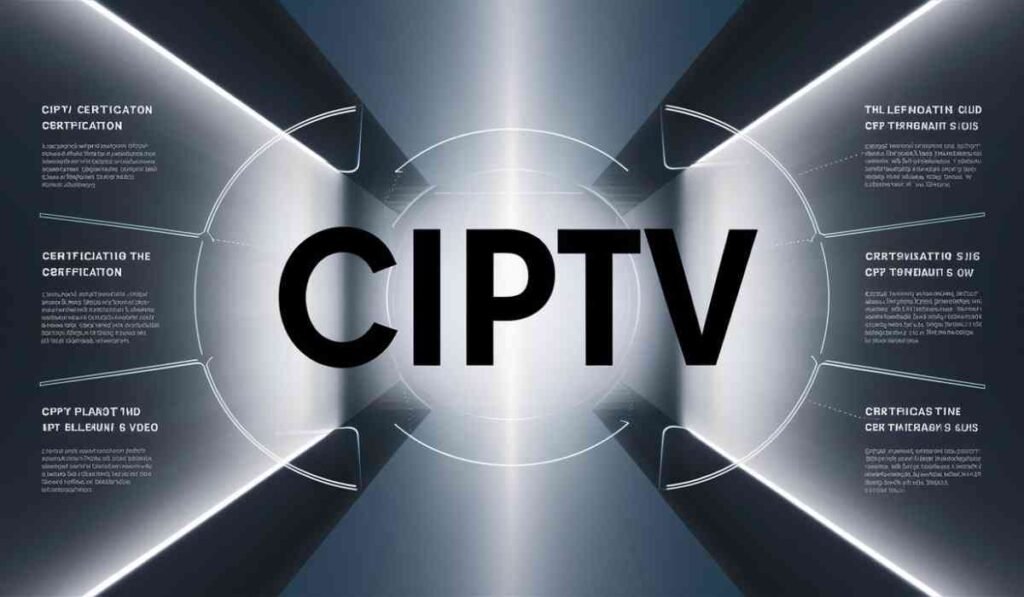
- Cisco: A global leader in networking and IT, Cisco offers the CIPTV certification as part of its extensive range of professional training programs. Cisco’s certifications are renowned for their rigorous standards and industry relevance.
- IP (Internet Protocol): The foundation of modern data transmission, IP is crucial for the functionality of networks, including the Internet. IP telephony uses IP to transmit voice communications over the Internet, replacing traditional telephone networks.
- Telephony: This refers to the technology and systems used for telephone communication. In the context of CIPTV, it involves using IP telephony to enable voice communication over the internet, providing more flexibility and integration with other digital services.
- Video: Video conferencing is an integral part of modern business communication. CIPTV certification ensures that professionals can manage and deploy video communication systems, enhancing real-time collaboration across different locations.
The Structure Of CIPTV Certification
CIPTV certification is divided into different courses, each designed to prepare participants for specific Cisco certification exams related to IP telephony and video deployment.
The primary courses include CIPTV1 and CIPTV2.
CIPTV1
The CIPTV1 course focuses on implementing Cisco IP Telephony and Video, Part 1. It covers the initial phase of deploying CUCM, addressing tasks such as:
- Configuring CUCM and integrating it with the network infrastructure.
- Managing user accounts and phone devices.
- Implementing basic IP telephony features such as call routing and call control.
CIPTV2
Building on the foundation laid by CIPTV1, the CIPTV2 course delves deeper into advanced topics of Cisco IP Telephony and Video. It includes:
- Advanced CUCM configurations.
- Implementing and managing video conferencing solutions.
- Integrating Cisco’s Unified Communications solutions with other applications for enhanced functionality.
Benefits Of CIPTV Certification
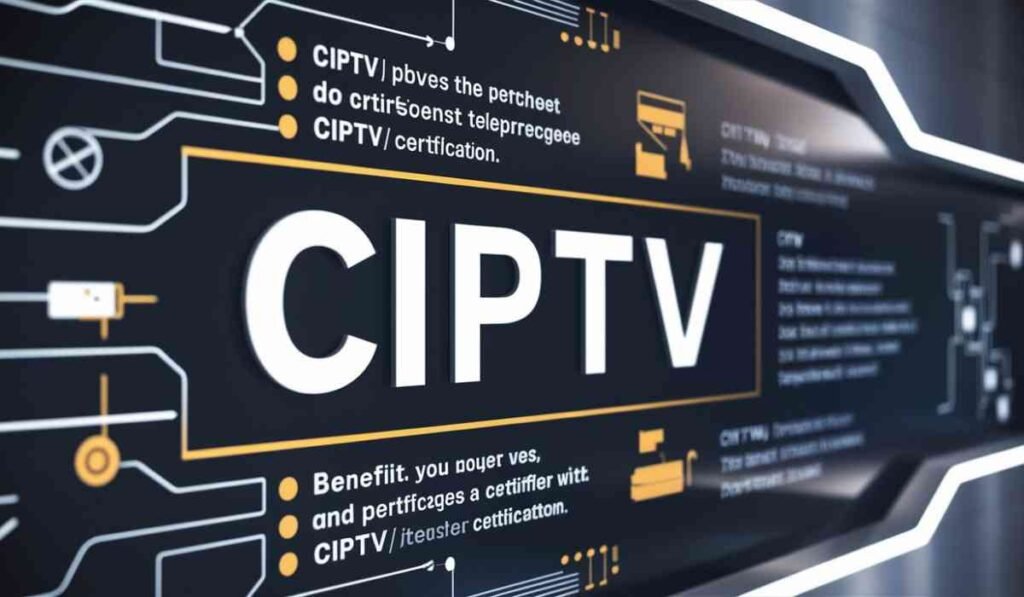
Professional Growth
Achieving CIPTV certification demonstrates a high level of expertise in managing and deploying Cisco’s Unified Communications solutions.
This can significantly enhance career prospects, opening doors to advanced roles in IT and network management.
Industry Recognition
Cisco certifications are globally recognized and respected. Earning a CIPTV certification establishes you as a knowledgeable professional capable of handling complex communication systems, which is highly valued in today’s job market.
Enhanced Communication Skills
CIPTV certification equips professionals with the skills to implement and manage both telephony and video communication systems.
This leads to more efficient communication within organizations, boosting productivity and collaboration.
Staying Current With Technology
The world of communication technology is constantly evolving. CIPTV certification ensures that professionals stay up-to-date with the latest advancements and best practices in IP telephony and video communications.
Real-World Applications Of CIPTV
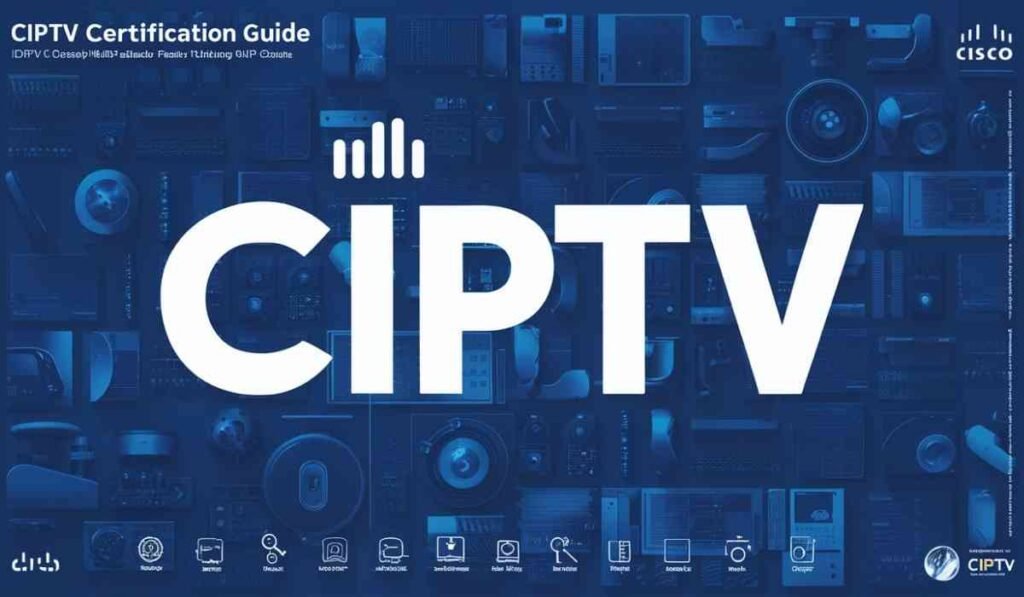
Enterprise Communications
Large enterprises rely heavily on robust communication systems.
With CIPTV certification, IT professionals can deploy and manage advanced communication solutions, from voice calls to video conferencing, to support a wide range of business needs.
Remote Work Solutions
The rise of remote work has amplified the need for reliable communication tools.
CIPTV-certified professionals are well-equipped to implement solutions that enable seamless communication for remote teams, ensuring business continuity and efficiency.
Customer Support
Effective communication is crucial in customer support. CIPTV certification enables professionals to set up and maintain systems that ensure smooth and efficient communication with customers,
Improving service quality and customer satisfaction.
Education And Training
Educational institutions can benefit from CIPTV-certified professionals who can deploy and manage video conferencing systems, facilitating remote learning and virtual classrooms.
How To Prepare For CIPTV Certification
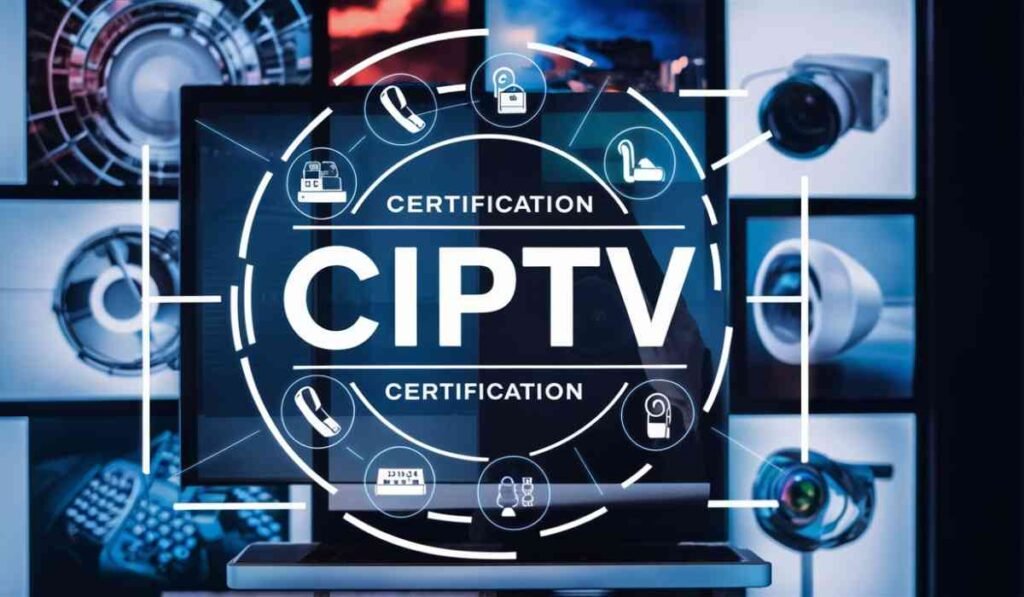
Training Courses
Cisco offers official training courses for CIPTV certification. These courses provide comprehensive knowledge and hands-on experience with CUCM and related technologies.
Enrolling in these courses is an excellent way to prepare for the certification exams.
Self-Study Resources
There are numerous self-study resources available, including textbooks, online tutorials, and practice exams.
These resources can complement formal training and help reinforce your understanding of the material.
Practical Experience
Gaining practical experience with CUCM and Cisco’s Unified Communications solutions is invaluable.
Setting up a lab environment where you can practice configuration and management tasks can greatly enhance your skills and confidence.
Join A Study Group

Collaborating with others who are also preparing for CIPTV certification can be beneficial. Study groups provide an opportunity to share knowledge, discuss challenging topics, and motivate each other.
Conclusion
Cisco’s CIPTV certification program is a vital stepping stone for IT professionals seeking to excel in the field of Unified Communications.
By mastering the skills needed to deploy and manage IP telephony and video solutions, certified individuals can significantly enhance their career prospects and contribute to more efficient and effective communication systems within their organizations.
Whether you are looking to advance in your current role or explore new career opportunities, CIPTV certification offers a pathway to professional growth and industry recognition.
Embrace the challenge, invest in your learning, and unlock the potential of Cisco’s cutting-edge communication technologies.
FAQs
What is the difference between CIPTV1 and CIPTV2?
CIPTV1: Focuses on the initial deployment and configuration of Cisco Unified Communications Manager (CUCM) and basic IP telephony features.
CIPTV2: Covers advanced CUCM configurations, video conferencing solutions, and integration with other applications.
How long does it take to complete CIPTV certification?
The duration varies depending on prior experience and study pace. Typically, it can take several weeks to a few months.
Is CIPTV certification worth it for IT professionals?
Yes, CIPTV certification is highly valued, enhancing career prospects and providing expertise in advanced communication systems.
What are the prerequisites for CIPTV certification?
Generally, a basic understanding of networking concepts and prior Cisco certifications such as CCNA Collaboration are recommended.
How much does CIPTV certification cost?
The cost varies depending on the training provider and region. Generally, it includes exam fees and training course costs, typically ranging from $500 to $3000.

